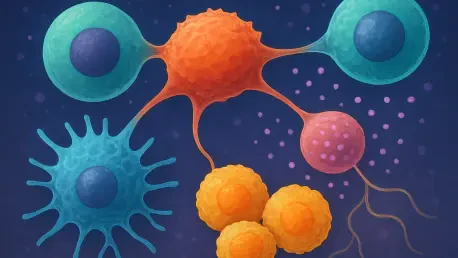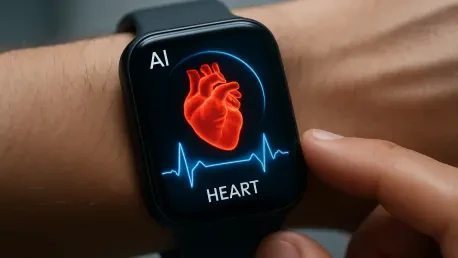
I'm thrilled to sit down with Ivan Kairatov, a renowned expert in biopharma with a deep passion for integrating technology and innovation into mental health research. With years of experience in research and development, Ivan has been at the forefront of exploring how artificial intelligence can

As the clock ticks toward October 1, the U.S. healthcare system braces for a pivotal moment that could reshape access to vital services for millions of Medicare beneficiaries, with key virtual care programs like telehealth flexibilities and the Acute Hospital Care at Home (AHCAH) waivers facing

In a world where heart disease remains the leading cause of death, claiming millions of lives each year, a quiet revolution is unfolding that promises to change the landscape of medical care. Picture a patient in a remote rural area, unable to access a cardiologist, yet receiving personalized heart

The field of computational biology stands at a pivotal moment, where the ability to decode cellular behavior within tissues is transforming medical and scientific understanding, and this discipline, blending biology with advanced data analytics, has become instrumental in uncovering how cells

I'm thrilled to sit down with Ivan Kairatov, a renowned biopharma expert with extensive experience in tech and innovation within the industry. With a strong background in research and development, Ivan has been at the forefront of integrating cutting-edge technologies into healthcare. Today, we’re

In the fast-paced world of healthcare technology, where innovation can turn a small player into a market leader overnight, CareCloud (CCLD) stands at a crossroads with its stock price languishing at $3.68 against a consensus fair value of $4.75. The company’s latest moves—such as the launch of the